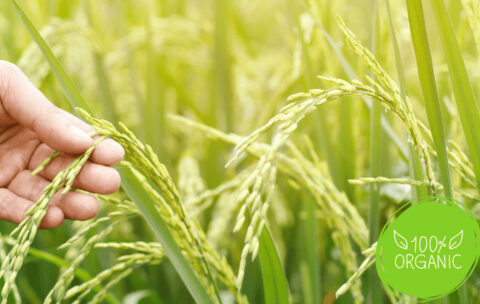Introduction to Aquaculture: Principles and Practices
The course “Introduction to Aquaculture: Principles and Practices” provides a …
What you'll learn
Organic Crop Production and Management
The course “Organic Crop Production and Management” offers a comprehensive …
What you'll learn
Sustainable Agriculture: Organic Farming Methods
The course “Sustainable Agriculture: Organic Farming Methods” provides a comprehensive …
What you'll learn
Organic Farming Principles and Practices
The course “Organic Farming Principles and Practices” provides a comprehensive …
What you'll learn
Animal Nutrition and Feed Management in Husbandry
The course “Animal Nutrition and Feed Management in Husbandry” provides …
What you'll learn
Financial Analysis and Risk Management in Agribusiness
The course “Financial Analysis and Risk Management in Agribusiness” provides …







